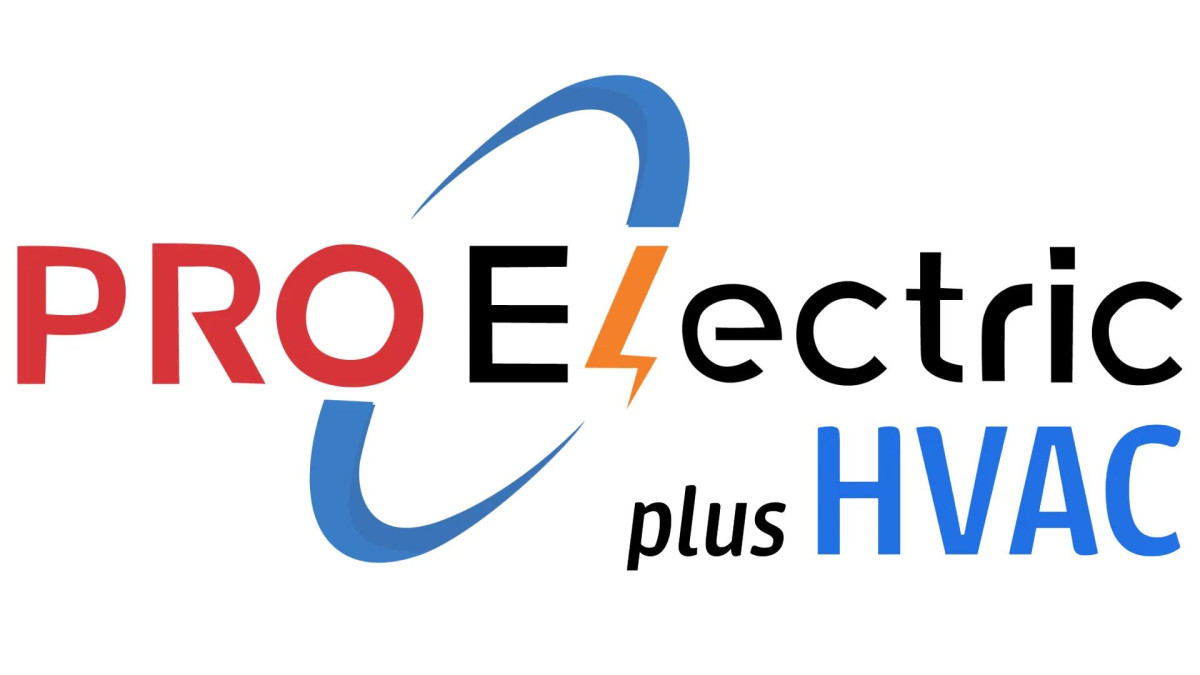
Homeowners embracing electric vehicle (EV) technology must confront a critical infrastructure challenge: aging electrical panels that cannot safely support modern charging systems. Many residential electrical systems were designed decades ago, well before the advent of high-powered EV charging technology, creating potential safety hazards and performance limitations.
Electric vehicles demand substantial electrical capacity that older panels may not provide. Panels over 20 years old frequently lack the necessary technical specifications to manage contemporary energy requirements, potentially leading to circuit breaker problems, electrical system strain, and increased fire risks.
Key indicators suggesting an electrical panel requires upgrading include frequent circuit breaker tripping, fewer than ten available breaker slots, visible damage like burn marks or rust, and inability to support modern power loads. These warning signs signal that a home’s electrical infrastructure might be inadequate for EV charging installations.
Upgrading electrical panels offers multiple benefits beyond enabling EV charger compatibility. Modern panels incorporate advanced safety features like ground fault circuit interrupter (GFCI) and arc fault circuit interrupter (AFCI) protections. These technological improvements significantly reduce electrical hazard risks while enhancing overall home energy efficiency.
The installation process typically requires several hours and involves a professional electrician replacing the existing panel, ensuring secure connections and proper grounding. Following installation, a comprehensive safety inspection confirms the new panel meets current electrical codes and regulations.
Beyond immediate charging capabilities, panel upgrades represent a strategic investment in home infrastructure. As electric vehicle adoption accelerates and technology evolves, having a robust electrical system becomes increasingly important. Proactive homeowners can mitigate potential risks and position their properties for future technological demands.
Ultimately, successful EV charger installation requires a holistic approach that prioritizes electrical system assessment and potential modernization. By recognizing and addressing panel limitations before charging system implementation, homeowners can ensure safe, efficient, and reliable electric vehicle charging experiences.

This news story relied on a press release distributed by Press Services. Blockchain Registration, Verification & Enhancement provided by NewsRamp™. The source URL for this press release is Old Electrical Panels Pose Critical Safety Risks for EV Charger Installations.